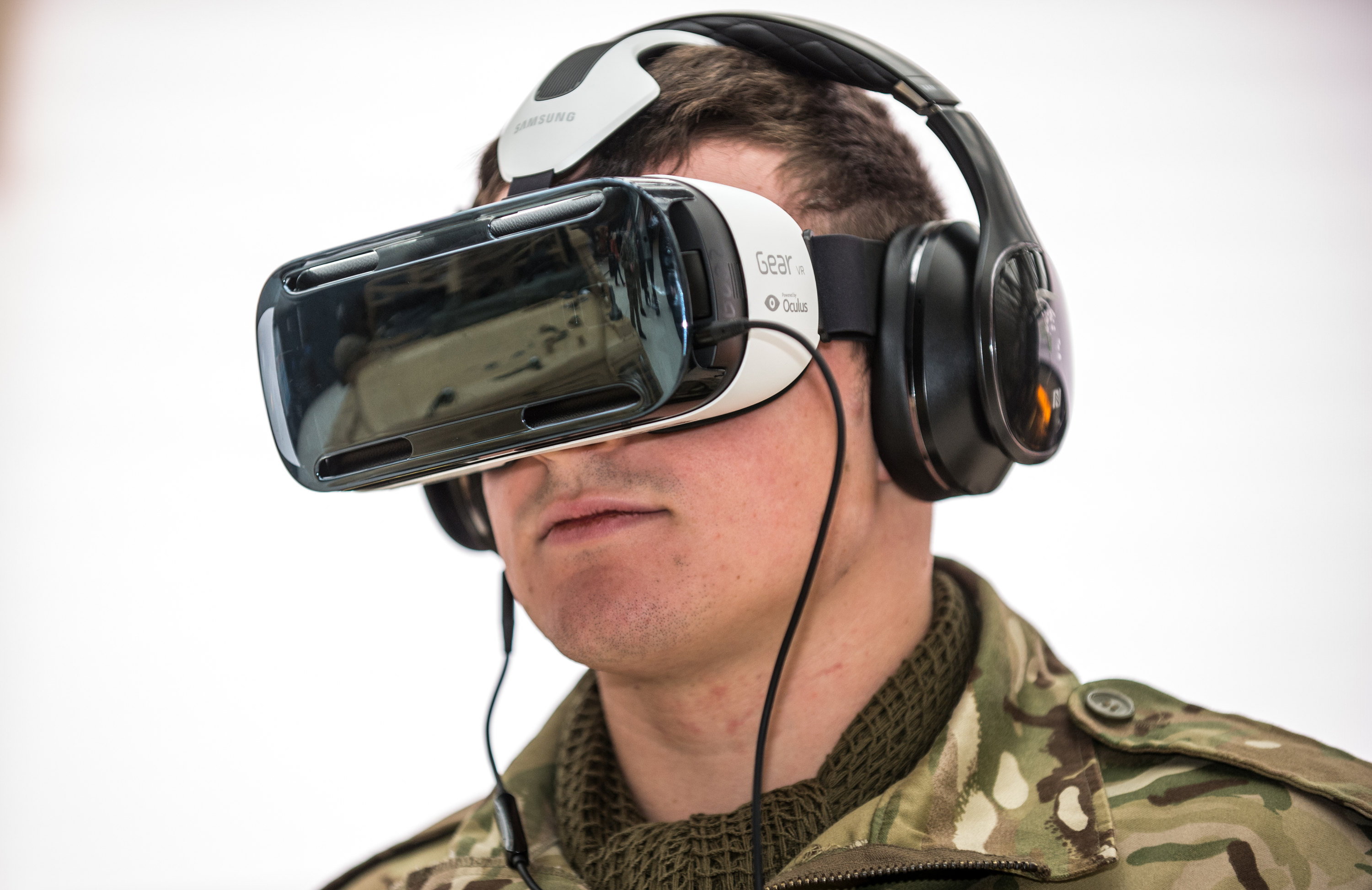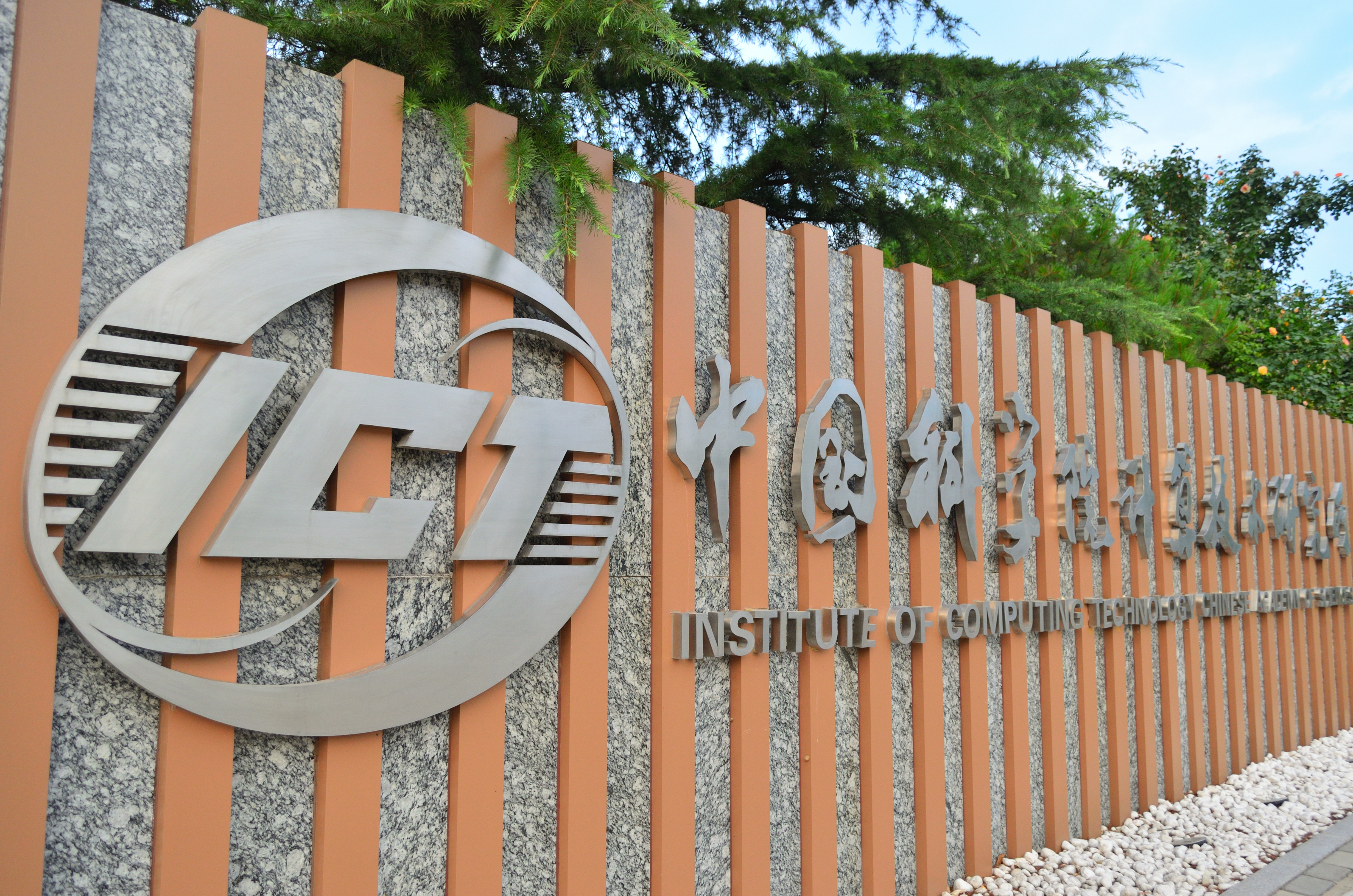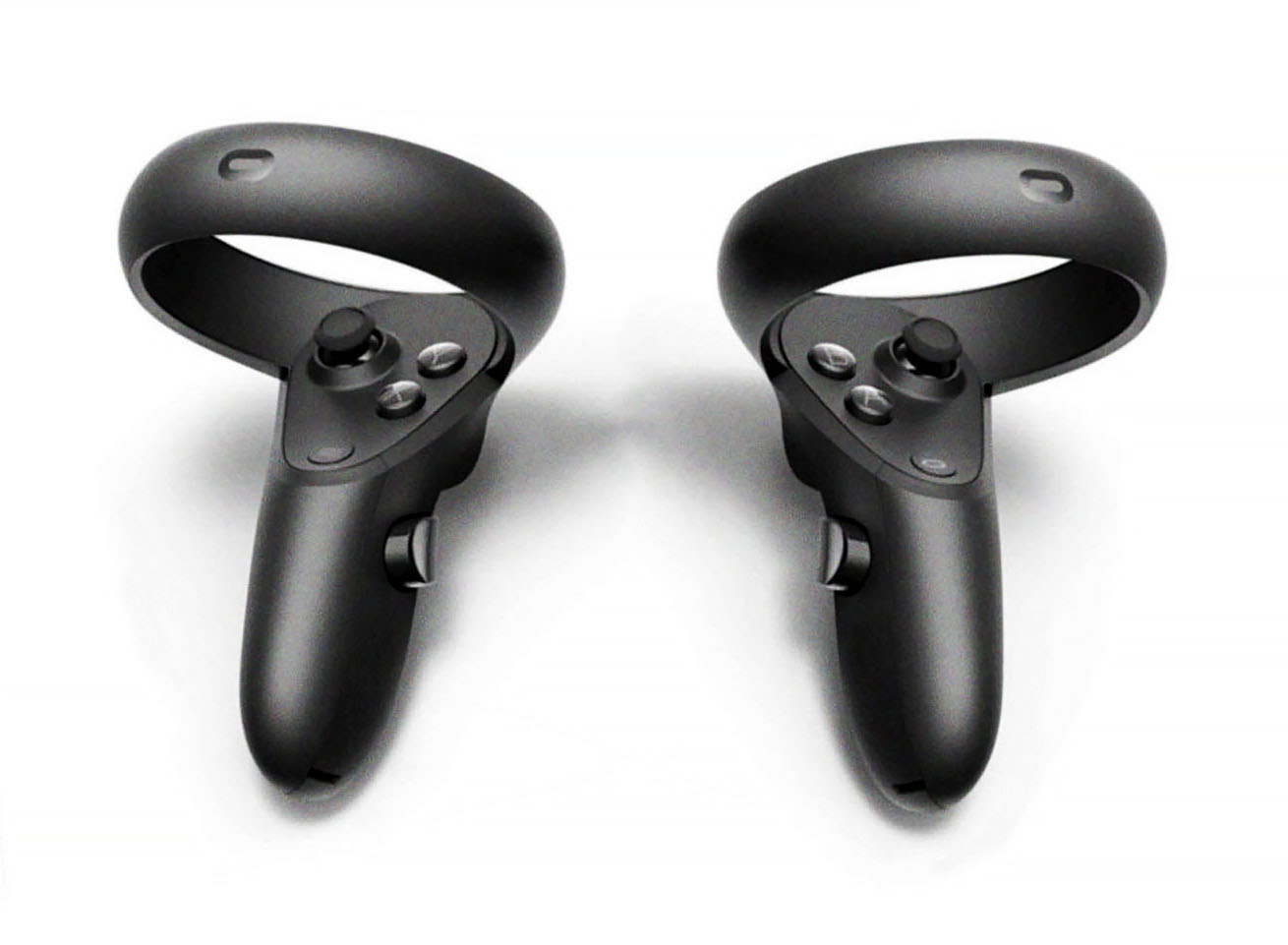|
Oculus (brand)
Reality Labs is a business of Meta Platforms (formerly Facebook Inc.) that produces virtual reality (VR) and augmented reality (AR) hardware and software, including virtual reality headsets such as Quest, and online platforms such as Horizon Worlds. Reality Labs is the corporate successor to Oculus, a company that was founded in 2012 by Palmer Luckey, Brendan Iribe, Michael Antonov and Nate Mitchell to develop a VR headset for video gaming known as the Oculus Rift. Before the acquisition, Oculus raised over $2.4 million for the project via a crowdfunding campaign on Kickstarter—nearly ten times the original goal of $250,000. Oculus was acquired by Facebook in March 2014. The company partnered with Samsung Electronics to release the Gear VR accessory for Samsung Galaxy smartphones in 2015. In March 2016, Oculus released the first consumer version of the Rift headset. In 2017, the company released a standalone mobile headset known as Oculus Go, produced by Xiaomi. In 2019 ... [...More Info...] [...Related Items...] OR: [Wikipedia] [Google] [Baidu] |
Meta Quest 2
Meta Quest 2 (initially sold as Oculus Quest 2) is a virtual reality (VR) headset developed by Meta Platforms (formerly Facebook, Inc.). It was unveiled on September 16, 2020 and released on October 13. As with its predecessor, the Oculus Quest, the Quest 2 can run as either a standalone headset with an internal, Android-based operating system, or with Oculus Rift-compatible VR software running on a desktop computer. It is a refresh of the original Oculus Quest with a similar design, but with a lighter weight, updated internal specifications, a display with a higher refresh rate and per-eye resolution, and updated Oculus Touch controllers with improved battery life. The Quest 2 received mostly positive reviews as an incremental update to the Quest, but some of its changes faced criticism, including its strap, reduced interpupillary distance (IPD) options, and a new requirement for users to log in with a Facebook account to use the headset and Oculus services. Specificati ... [...More Info...] [...Related Items...] OR: [Wikipedia] [Google] [Baidu] |
Samsung Galaxy
Samsung Galaxy (, stylised as SΛMSUNG Galaxy since 2015 (except Japan where it omits the Samsung branding), previously stylised as Samsung GALAXY; abbreviated as SG) is a series of computing and mobile computing devices that are designed, manufactured and marketed by Samsung Electronics. The product line includes the Samsung Galaxy S series of high-end smartphones, the Samsung Galaxy Tab series of Tablet computer, tablets, the Samsung Galaxy Note series of tablets and phablets with the added functionality of a stylus, the foldable Samsung Galaxy Z series, and smartwatches including the first version of the Samsung Galaxy Gear, with later versions dropping the Galaxy branding, until the release of the Samsung Galaxy Watch in 2018. Samsung Galaxy devices use the Android (operating system), Android operating system produced by Google, with a custom user interface called One UI (with previous versions being known as Samsung Experience and TouchWiz). However, the Samsung Galaxy T ... [...More Info...] [...Related Items...] OR: [Wikipedia] [Google] [Baidu] |
University Of Southern California
, mottoeng = "Let whoever earns the palm bear it" , religious_affiliation = Nonsectarian—historically Methodist , established = , accreditation = WSCUC , type = Private research university , academic_affiliations = , endowment = $8.12 billion (2021)As of June 30, 2021. , budget = $6.2 billion (2020–21) , president = Carol Folt , students = 49,318 (2021) , undergrad = 20,790 (2021) , postgrad = 28,528 (2021) , faculty = 4,706 (2021) , administrative_staff = 16,614 (2021) , city = , state = , country = United States , campus = Large City University Park campus, Heal ... [...More Info...] [...Related Items...] OR: [Wikipedia] [Google] [Baidu] |
Head-mounted Display
A head-mounted display (HMD) is a display device, worn on the head or as part of a helmet (see Helmet-mounted display for aviation applications), that has a small display optic in front of one ( monocular HMD) or each eye ( binocular HMD). An HMD has many uses including gaming, aviation, engineering, and medicine. Virtual reality headsets are HMDs combined with IMUs. There is also an optical head-mounted display (OHMD), which is a wearable display that can reflect projected images and allows a user to see through it. Overview A typical HMD has one or two small displays, with lenses and semi-transparent mirrors embedded in eyeglasses (also termed data glasses), a visor, or a helmet. The display units are miniaturized and may include cathode ray tubes (CRT), liquid-crystal displays (LCDs), liquid crystal on silicon (LCos), or organic light-emitting diodes (OLED). Some vendors employ multiple micro-displays to increase total resolution and field of view. HMDs differ in wh ... [...More Info...] [...Related Items...] OR: [Wikipedia] [Google] [Baidu] |
General Data Protection Regulation
The General Data Protection Regulation (GDPR) is a European Union regulation on data protection and privacy in the EU and the European Economic Area (EEA). The GDPR is an important component of EU privacy law and of human rights law, in particular Article 8(1) of the Charter of Fundamental Rights of the European Union. It also addresses the transfer of personal data outside the EU and EEA areas. The GDPR's primary aim is to enhance individuals' control and rights over their personal data and to simplify the regulatory environment for international business. Superseding the Data Protection Directive 95/46/EC, the regulation contains provisions and requirements related to the processing of personal data of individuals, formally called "data subjects", who are located in the EEA, and applies to any enterprise—regardless of its location and the data subjects' citizenship or residence—that is processing the personal information of individuals inside the EEA. The GDPR was ... [...More Info...] [...Related Items...] OR: [Wikipedia] [Google] [Baidu] |
Facebook Real-name Policy Controversy
The Facebook real-name policy controversy is a controversy over social networking site Facebook's real-name system, which requires that a person use their legal name when they register an account and configure their user profile. The controversy stems from claims by some users that they are being penalized by Facebook for using their real names, and have suffered adverse consequences as a result. For example, Facebook's naming policies prohibit names that Facebook judges to have too many words, too many capital letters, or first names that consist of initials. Facebook's monitoring software detects and suspends such accounts. These policies prevent some users from having a Facebook account and profile with their real name. As part of their complaint, those who cannot use their real names point out that millions of Facebook accounts use fake yet plausible-sounding names, and even fake and obviously implausible names, because Facebook's software fails to recognize them. Backgro ... [...More Info...] [...Related Items...] OR: [Wikipedia] [Google] [Baidu] |
Digital Privacy
Digital privacy is often used in contexts that promote advocacy on behalf of individual and consumer privacy rights in e-services and is typically used in opposition to the business practices of many e-marketers, businesses, and companies to collect and use such information and data. Digital privacy can be defined under three sub-related categories: information privacy, communication privacy, and individual privacy. Digital privacy has increasingly become a topic of interest as information and data shared over the social web have continued to become more and more commodified; social-media users are now considered unpaid ' digital labors', as one pays for 'free' e-services through the loss of their privacy. For example, between 2005 and 2011, the change in levels of disclosure for different profile items on Facebook show that, over the years, people want to keep more information private. However, observing the seven-year span, Facebook gained a profit of $100 billion through th ... [...More Info...] [...Related Items...] OR: [Wikipedia] [Google] [Baidu] |
Facebook Portal
Meta Portal (also known as Portal) is a brand of smart displays and videophones released in 2018 by Facebook Inc. (now named Meta Platforms). The product line consists of four models (Portal, Portal+, Portal TV, and Portal Go) that provide video chat via Messenger and WhatsApp, augmented by a camera that can automatically zoom and track people's movements. The devices are integrated with Amazon's voice-controlled intelligent personal assistant service Alexa. Meta uses some data collected from Portal devices for targeted advertising. Reviewers rated the Portal line's video and audio handling capabilities positively, but criticized Facebook's privacy practices for commercial use of data that Portal devices captured. History On October 8, 2018, Facebook, Inc. announced the sale and shipment of the Portal and the Portal Plus. The second generation of Portal devices was announced on September 18, 2019; the second-generation Portal and Portal Mini were released on October 15, ... [...More Info...] [...Related Items...] OR: [Wikipedia] [Google] [Baidu] |
Oculus Quest 2
Meta Quest 2 (initially sold as Oculus Quest 2) is a virtual reality (VR) headset developed by Meta Platforms (formerly Facebook, Inc.). It was unveiled on September 16, 2020 and released on October 13. As with its predecessor, the Oculus Quest, the Quest 2 can run as either a standalone headset with an internal, Android-based operating system, or with Oculus Rift-compatible VR software running on a desktop computer. It is a refresh of the original Oculus Quest with a similar design, but with a lighter weight, updated internal specifications, a display with a higher refresh rate and per-eye resolution, and updated Oculus Touch controllers with improved battery life. The Quest 2 received mostly positive reviews as an incremental update to the Quest, but some of its changes faced criticism, including its strap, reduced interpupillary distance (IPD) options, and a new requirement for users to log in with a Facebook account to use the headset and Oculus services. Specificat ... [...More Info...] [...Related Items...] OR: [Wikipedia] [Google] [Baidu] |
Lenovo
Lenovo Group Limited, often shortened to Lenovo ( , ), is a Chinese multinational technology company specializing in designing, manufacturing, and marketing consumer electronics, personal computers, software, business solutions, and related services. Products manufactured by the company include desktop computers, laptops, tablet computers, smartphones, workstations, servers, supercomputers, electronic storage devices, IT management software, and smart televisions. Its best-known brands include its ThinkPad business line of laptop computers (acquired from IBM), the IdeaPad, Yoga, and Legion consumer lines of laptop computers, and the IdeaCentre and ThinkCentre lines of desktop computers. As of 2021, Lenovo is the world's largest personal computer vendor by unit sales. Lenovo was founded in Beijing on 1 November 1984 as Legend by a team of engineers led by Liu Chuanzhi and Danny Lui. Initially specializing in televisions, the company migrated towards manufacturing ... [...More Info...] [...Related Items...] OR: [Wikipedia] [Google] [Baidu] |
Oculus Rift S
The Oculus Rift S is a virtual reality headset co-developed by Lenovo Technologies and Facebook Technologies—a division of Meta Platforms. Announced in March 2019 and released that May, it is a successor to the original Oculus Rift CV1 model, with noted changes including a new "inside-out" positional tracking system with cameras embedded inside the headset unit (similarly to its sister device, the Oculus Quest), a higher-resolution display, and a new "halo" head strap. The Rift S received mixed reviews, with critics praising improvements in comfort and ease of setup due to the halo strap and new tracking system, but characterizing the Rift S as being only an incremental upgrade over the CV1, and noting regressions such as a lower refresh rate, and the lack of hardware adjustment for inter pupillary distance (IPD). Development In June 2015, Oculus VR co-founder Palmer Luckey revealed that Oculus was already working on a successor to the original Rift and planned to rel ... [...More Info...] [...Related Items...] OR: [Wikipedia] [Google] [Baidu] |




